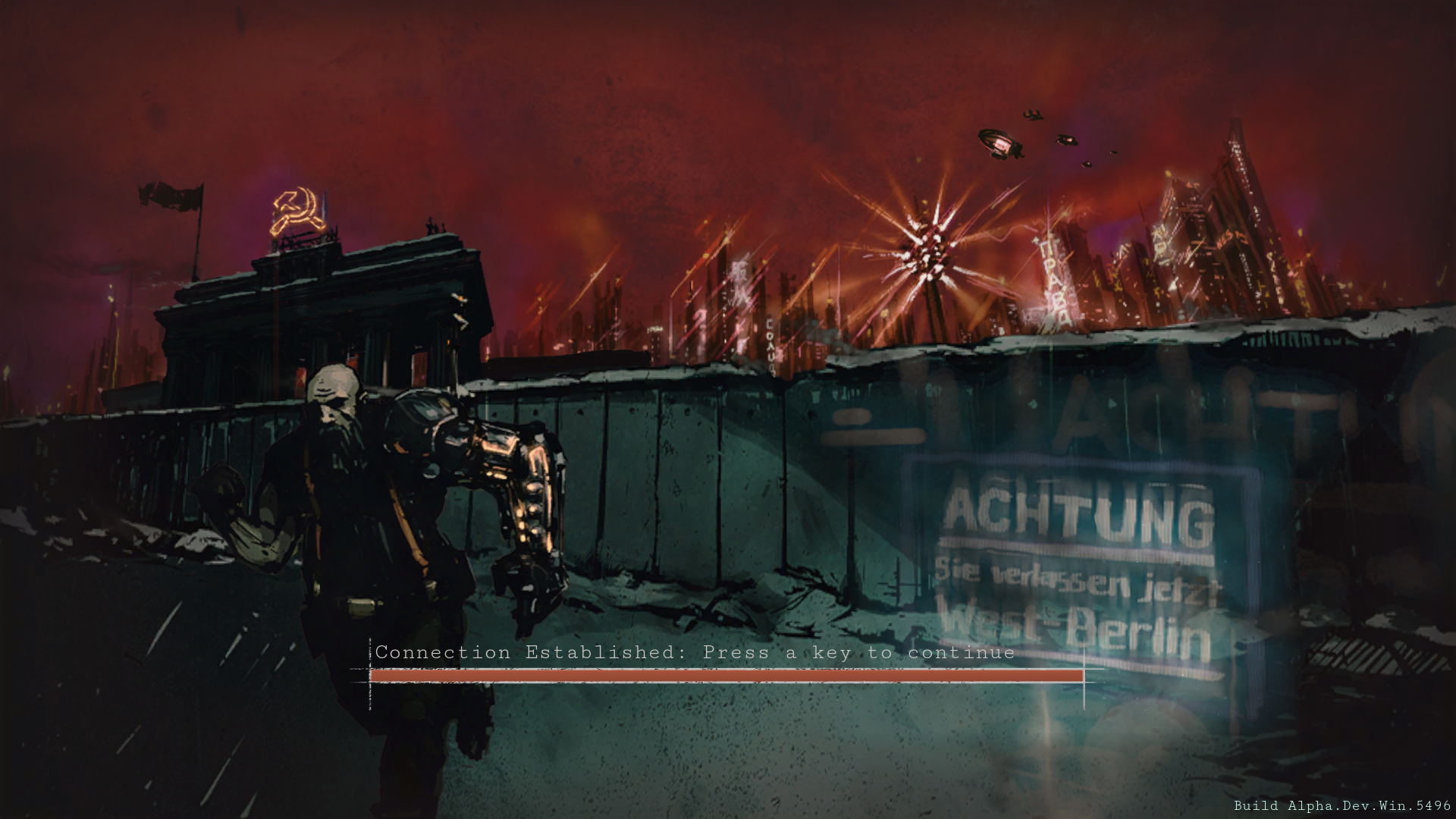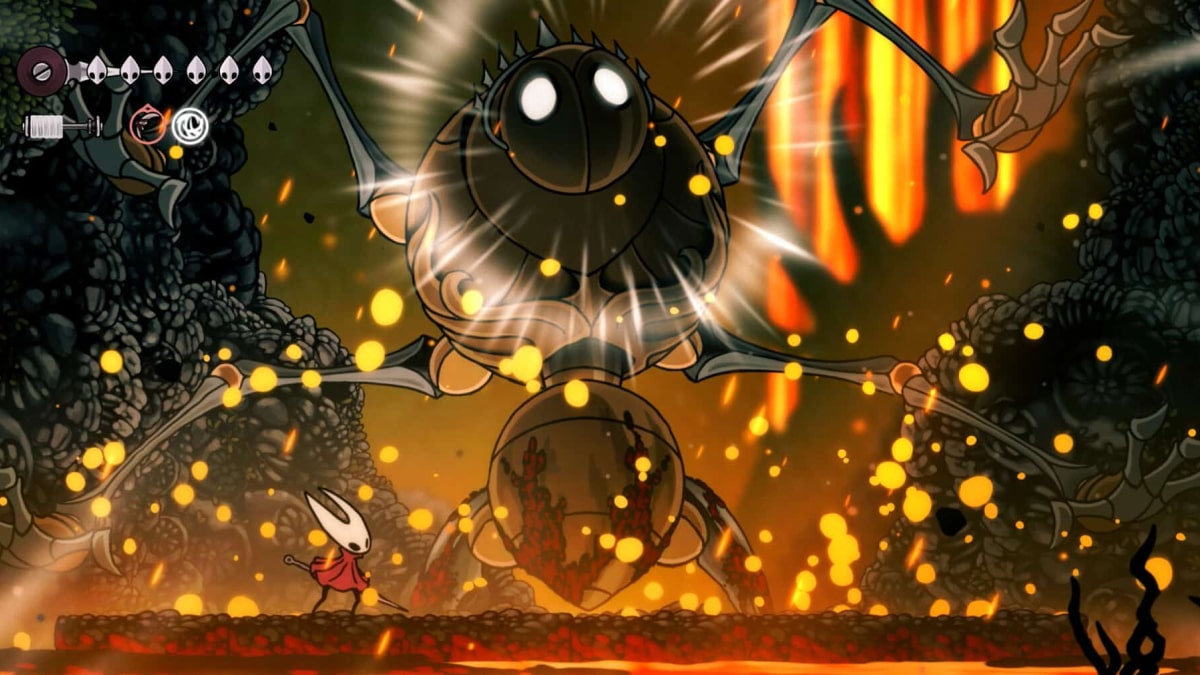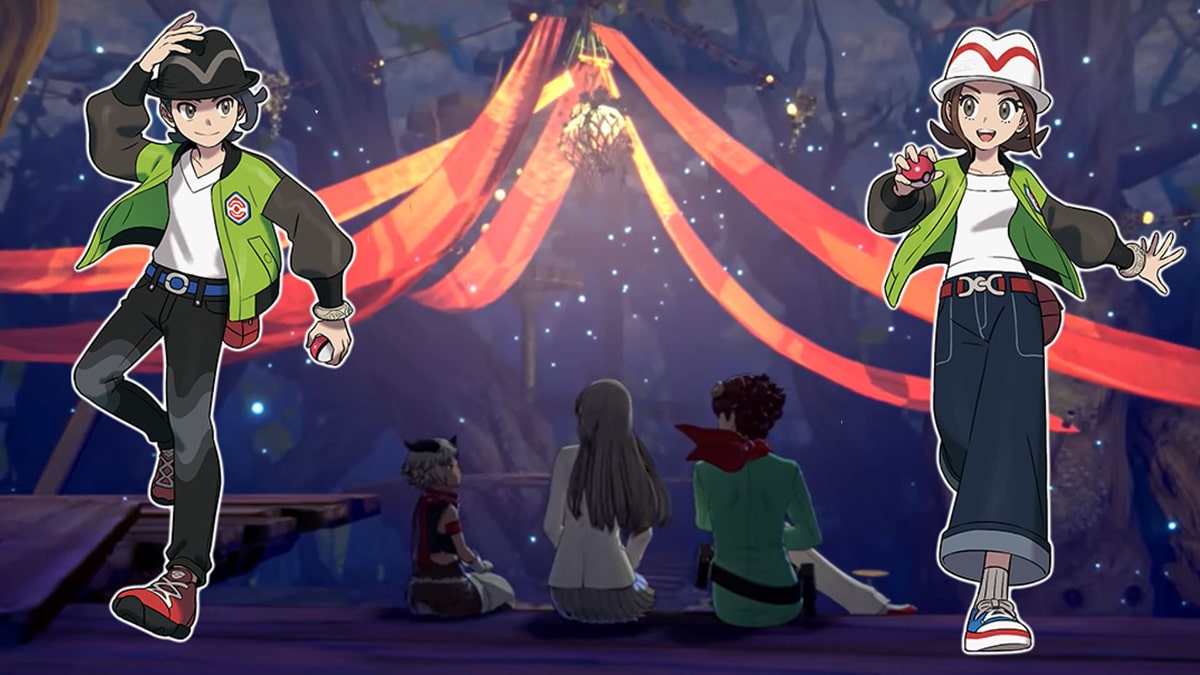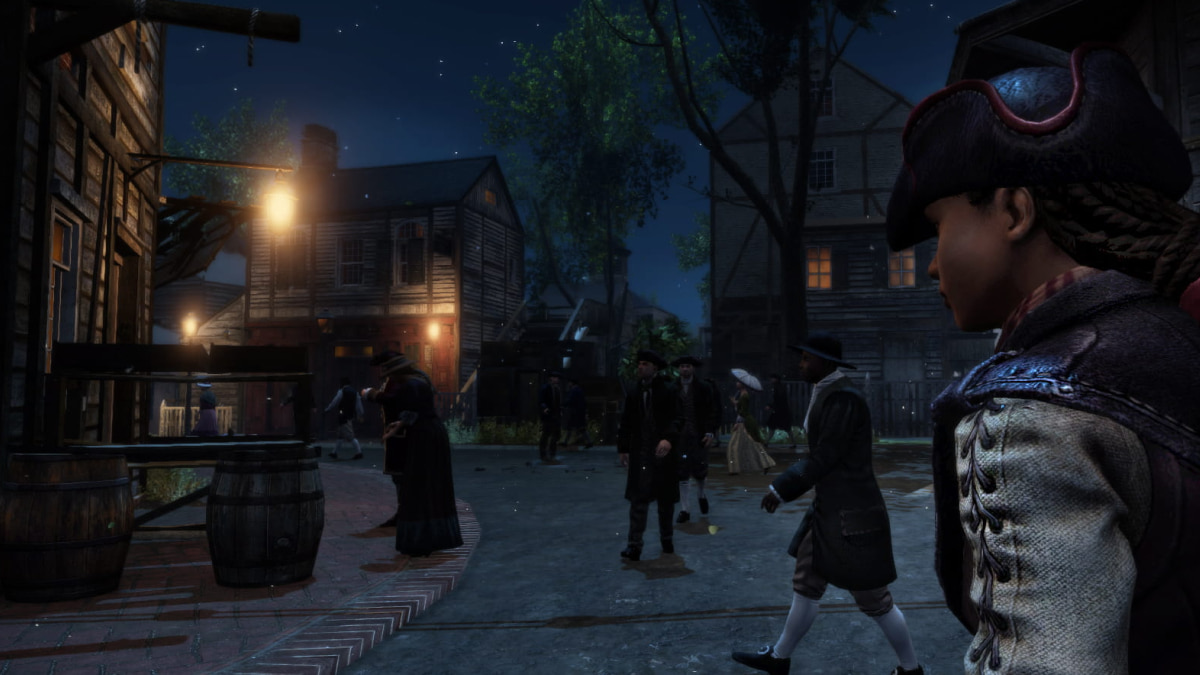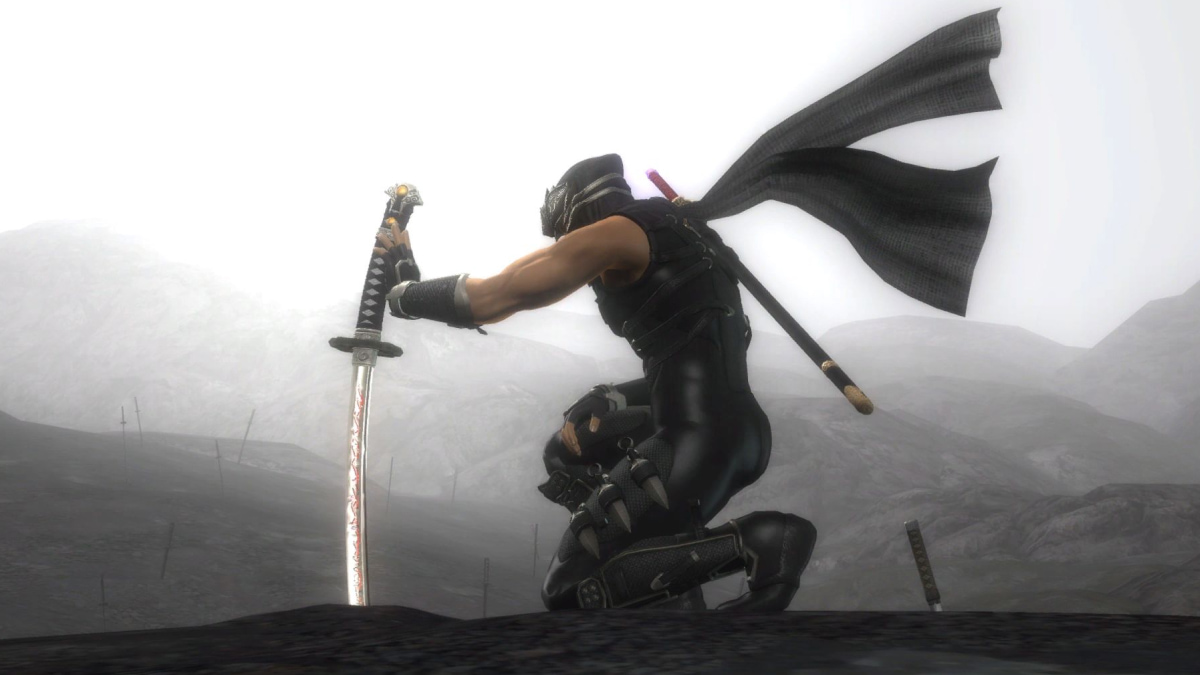You can trust VideoGamer. Our team of gaming experts spend hours testing and reviewing the latest games, to ensure you're reading the most comprehensive guide possible. Rest assured, all imagery and advice is unique and original. Check out how we test and review games here
All Walls Must Fall came out, in Early Access form on Steam and on Itch.io, this week, and, at this tentative stage, it’s rather good. It takes place over a single night, in a world where the Cold War never ended. Enter you, a time travelling secret agent, sent to T-10 hours from a huge nuclear attack to try and stop it happening. Time is both your currency and your resource. You can pause to consider your tactics, move out of the path of bullets, and rewind to try things again if you die — though not infinitely, because if you die when you’re out of time then you really are out of time, kicked back to the home screen and told to start the night all over again, which is a definite permadeath mechanic, possibly unlike the permadeath mechanic in Hellblade that was discussed this week.
It also means that you start the game doing things out of order. Having been given your first target, you ask your handler why you must kill him, and they say ‘We’ll get to then.’ Later, you interrogate the same man, find out he lied to you in interrogation, and conclude that you should go and kill him — at which point your handler reminds you you’ve done that already. You’ve gotten to then, which is possibly now, which just goes to show that the order you perceive things to happen in isn’t necessarily the order they actually do happen in, and in fact maybe we only think everything happens in a nice neat one-after-the-other. After all, in that episode of Red Dwarf, Backwards, everything is happening in reverse, but everyone in that universe finds it perfectly normal and natural.
/https://oimg.videogamer.com/images/eac4/33e1b766-df81-4fa7-9a4d-c96627f324ed_YouThinkThatsWise.png)
I often like seeing time travel in games, because it results in the cool mixups you get in All Walls Must Fall, and it echoes the impulse some of us have to get around the consequences in games, like we do with save scumming — reloading from an earlier point in the game to undo something you don’t like having done.
Time travel is a recurring feature in The Legend of Zelda games, for example. In Ocarina of Time Link is effectively put in suspended animation for seven years, growing from a child to an adult without realising it, and can from then on travel between his adulthood and childhood. This had the side effect of me imagining Link as a fish-out-of-water, child-in-an-adult’s-body kind of figure, like Tom Hanks in Big, but it does work with the rest of the game in interesting ways (Link can, for example, plant magic beans in the past and repeat the benefits later as an adult). In one level of Dishonored 2, one of my favourite games of any year, let alone last year, there is a mansion fractured in time around a specific event. You must carry out a mission in the past and the present simultaneously, and in doing so end up changing the present, so you get slightly different memories to the people you’ve been working with.
/https://oimg.videogamer.com/images/a80e/cc40a120-53e2-4e33-9d04-e100a421cd38_maxresdefault.jpg)
But time travel as a game mechanic is a bit like making an ice cream sundae and sprinkling something fancy like edible gold on top (stay with me), because sometimes people will be impressed enough by the fun sparkly thing that they won’t notice much about the quality of the ice cream or the other toppings. ‘It said “We’ll get to then” instead of that!’ I yell, unreasonably impressed by some chronology-themed word play. Polish up the interesting, time travelling, paradoxical bit and maybe the other bits don’t have to shine as much.
This works both ways, of course. The protagonist of lauded indie game Braid, Tim, can rewind time a short distance the better to platform his way to save a princess from a monster, who, in the final level, appears to be working with him to help him meet up with her. When you get to the end, however, time runs in the other direction and you discover she was running from Tim the whole time, and was in fact setting traps in an effort to stop him. There are theories that Tim worked on the Manhattan project, and that the game represents his guilt.
Soulja Boy did not come to similar conclusions. He liked Braid a lot, but because he thought the time rewinding thing was cool and fun, not because of any nuclear weapon subtext. He even said there was ‘no point to the game’. The developer Jonathan Blow was famously peeved at this analysis at the time, but Soulja Boy still really enjoyed the game (and quite probably contributed to general awareness of it). People requested that Soulja Boy review Blow’s puzzle game The Witness when it came out in 2016.
/https://oimg.videogamer.com/images/a028/braid.jpg)
Then there’s Dontnod’s Life is Strange, an episodic tale of polaroids, teenagers and, you guessed it, time travel. You play Maxine ‘Max’ Caulfield, who unexpectedly gains the ability to rewind time around herself, if only a short distance. Initially she uses this the way most teenagers would i.e. to get people to like her, but it later spirals into a murder mystery, alternate timelines and a storm threatening to destroy the town. The mechanic in the game is very good, especially in the context of an episodic game with choices that affect future episodes. You can try out the different options, which then lulls you into a false sense of security for the times when an extremely critical choice comes up and your powers are whipped away.
This was my favourite bit of Life is Strange, and with every passing day I grow more convinced it was actually the best bit. Is it actually that compelling apart from that? Do I find the teenagers in it hella annoying because they’re a good rendering of teenagers (I myself having been one of the most obnoxious to walk the planet) or are they just written annoyingly? Without the time travel, what the f*** is Life is Strange? It’s quite difficult to say, because a lot of the writing is inextricably tied up with the time travel, so to say ‘without the time travel’ about Life is Strange, as I have before, and as if it would be easy to strip away, is unhelpful.
But the first episode of the prequel series Life is Strange: Before the Storm is out at the end of August, and it will be as close to a real test as we can get. Before the Storm follows Max’s best friend Chloe before Max chipped back up after moving away, as well as Chloe’s relationship with another girl, Rachel Amber. Chloe doesn’t have time travel powers (or powers of any kind), so even though it has a different writing team, Before the Storm is Life is Strange without time travel. Or at least as close as we can get right now.
/https://oimg.videogamer.com/images/9381/d7d97845-e005-4b8b-aa95-ce7523828416_Life-is-Strange-Before-the-Storm_2017_06-11-17_001.png)
I can understand why people enjoyed the dynamics that evolved between young women in Life is Strange. Before the Storm might, then, just be about a girl falling a bit in love. If it’s done well, that can be enough. You wouldn’t necessarily want to be able to rewind in that situation, anyway. Think of your most tumultuous relationship. Would you do it over and over again? I wouldn’t. Maybe you would.
In All Walls Must Fall time is almost a physical thing, a thing you can trade with and spend: this much time is worth 600, or, a new gun (how often have we been told that time is money? In fact it might be said that a lot of the arguments we have these days are over how much value is placed on the time of different people, and on some days I might feel like my time is worth more than the cost of taking the tube vs. walking, which is also known as laziness). A fairly recent scientific theory suggests that we might actually be moving a bit backwards in time even as we’re moving forwards because of physics, and the behaviour of some sneaky subatomic particles. The resultant, as physicist Dr Joan Vaccaro terms it, ‘jiggling’ may be what makes the universe move forwards in time in general. Dr Vaccaro says this may help us understand ideas like travelling back in time.
And while we, grains of sand on the picnic table of the universe, are being shaken in a general forwards direction by infinitesimal jiggling, we spend our time imagining what it would be like if we had any control over the direction. Change the present. Make a shortcut to magic beans. Kill people in the wrong order. Get people to like us.
